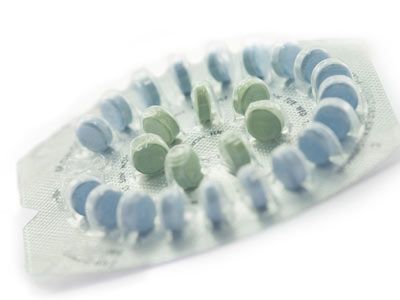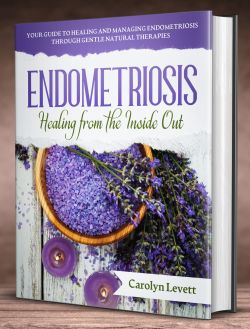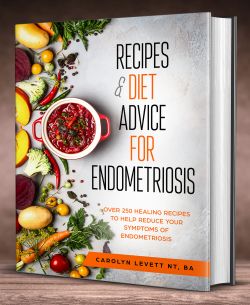Birth Control Pill for Treatment of Endometriosis
The combined oral contraceptive pill (BCP) is often used in the treatment of endometriosis. There are many different brands of the Pill on the market. This treatment approach is usually the first to be suggested for the treatment of endometriosis. It is one way to ‘buy time’ and to help relieve the pain symptoms.
While there haven’t been any absolute findings, some women with endometriosis appear to do better with pills that have higher levels of progesterone.
Dr. Robert N. Taylor, M.D., Ph.D., who is a professor of Reproductive Endocrinology and Infertility at the University of Utah Health quotes, “For patients with endometriosis, I tend to select birth control pills that are high progestogenic and more androgenic. This seems to suppress endometrial growth more effectively.”
Taylor says birth control can be an effective means of managing or suppressing endometriosis, even in young patients, who aren't ready to consider invasive surgical measures. ( 1 )
The combined contraceptive pill, or mini-pill is basically made up of different combinations of synthetic oestrogen and progesterone, which has the effect of mimicking pregnancy, causing the lining of the womb, along with endometrial deposits to shrink.
When used to treat endometriosis, it is usually taken continuously. It is recommended to take low estrogen or progesterone only pill, because estrogen dominance will encourage further development of the endometrial growths.
Who is it usually prescribed for?
It is often prescribed to teenagers and young women with a
mild form of the disease, and sometimes to women who have recurring ovarian
cysts.
Who can’t take it?
- women with high blood pressure
- women who are at risk of developing blood clots
- smokers and women over the age of 35 are more at risk if the take the Pill over a long period of time.
Possible side effects
Sometimes there are side effects when using the birth control pill. The more common ones include irregular vaginal bleeding, fluid retention, abdominal bloating, weight gain, increased appetite, nausea, headaches, breast tenderness and depression.
Nausea and breast tenderness usually settle after 1–2 months of treatment. The remaining side effects usually disappear within a few weeks after you stop taking the pill, and you will usually start ovulating and menstruating again within 4–6 weeks of taking the last tablet.
The BCP (Birth Control Pill) is usually taken continuously for four to six months without the usual seven-day break which you have when taking it for contraceptive purposes.
The success of the BCP for treatment of endometriosis is not as effective as with other hormone drug treatment. Many women find they have problems with break-through bleeding on the BCP, and some say it does not get rid of the pain symptoms.
Reference:
https://endometriosis.org/treatments/oral-contraceptive-pill/
https://youngwomenshealth.org/2014/08/01/endometriosis-continuous-hormonal-pills-ocps/
https://www.ncbi.nlm.nih.gov/pubmed/30664383













